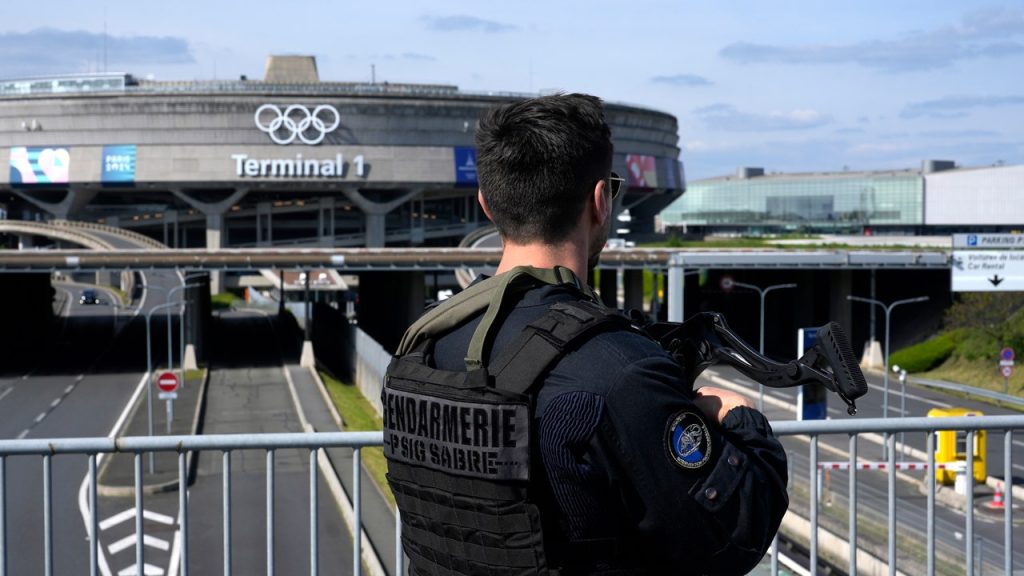Special anti-terrorism measures are being implemented to ensure the safety of the opening ceremony for the Paris Olympics on the River Seine. Paris police chief Laurent Nunez announced that people who work and live along the route will be subjected to background security checks, cross-checked against security databases for any previous suspicious activities. The July 26 ceremony will involve athletes parading through the city on 94 boats, accompanied by 87 other boats for security, media, and other personnel. The entire parade route will be within a high-security zone known as an “anti-terrorism perimeter,” including the first row of buildings along the route.
The security zone will be in place from July 18 and extended further along the riverbanks on July 26, just before the evening ceremony. Anyone wanting to enter the zone in the days leading up to the event will need to pre-register online and undergo background security checks. This includes individuals living and working within the security perimeter, as well as their guests, and visitors to hotels or restaurants in the area. Paris Mayor Anne Hidalgo noted that about 20,000 people live and work within the perimeter, with alternative routes provided to access the Louvre and other museums along the river without entering the security zone.
Security checks for those affected will focus on verifying their presence in intelligence files, rather than searching through their communications. Individuals flagged during the checks may be prohibited from entering the zone, with decisions made on a case-by-case basis. Ticket-holders for the ceremony do not need to pre-register online but may still undergo checks conducted by French intelligence services. Additionally, water quality tests in the Seine will be made public, with samples collected from various spots on the river and its tributary, the Marne, to ensure the safety of marathon swimmers and Olympic and Paralympic triathletes competing in the river.
The unprecedented opening ceremony for the Paris Olympics poses a significant security challenge, with elaborate measures in place to protect participants and spectators. Athletes will be paraded through the heart of the French capital on the River Seine, presenting a grand display that requires thorough security coordination. The “administrative investigation” process for individuals entering the security zone involves cross-checking against intelligence databases to identify any potential risks or threats. The security measures will be stringent yet necessary to ensure a smooth and safe event for all involved.
Paris authorities are taking proactive steps to safeguard the unprecedented opening ceremony for the Paris Olympics on the River Seine. The comprehensive security plan includes background security checks for individuals living and working along the parade route, as well as visitors accessing hotels and restaurants in the area. The anti-terrorism perimeter will be closely monitored, with measures in place to identify and respond to any security threats. Due to the high-profile nature of the event, all precautions are being taken to guarantee the safety and success of the ceremony, emphasizing the importance of collaboration between security forces, intelligence agencies, and public officials to maintain a secure environment.
The security arrangements for the Paris Olympics opening ceremony underscore the unprecedented scale of the event and the potential risks associated with hosting such a high-profile occasion. By implementing strict security protocols and background checks, authorities aim to prevent any possible threats and ensure a safe environment for participants, spectators, and residents along the parade route. The transparency in water quality testing also demonstrates a commitment to public safety and environmental protection, particularly for athletes competing in the river. As the countdown to the event begins, Paris is gearing up to host a memorable and secure opening ceremony that highlights the city’s resilience and readiness to welcome the world to the Olympic Games.


